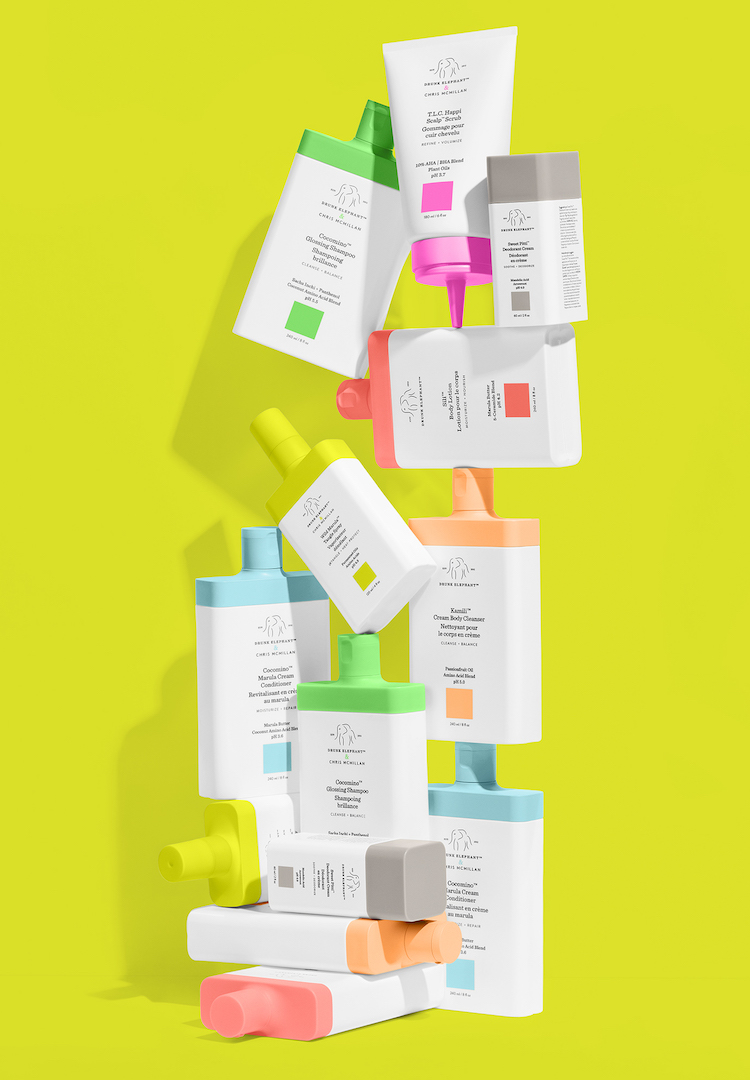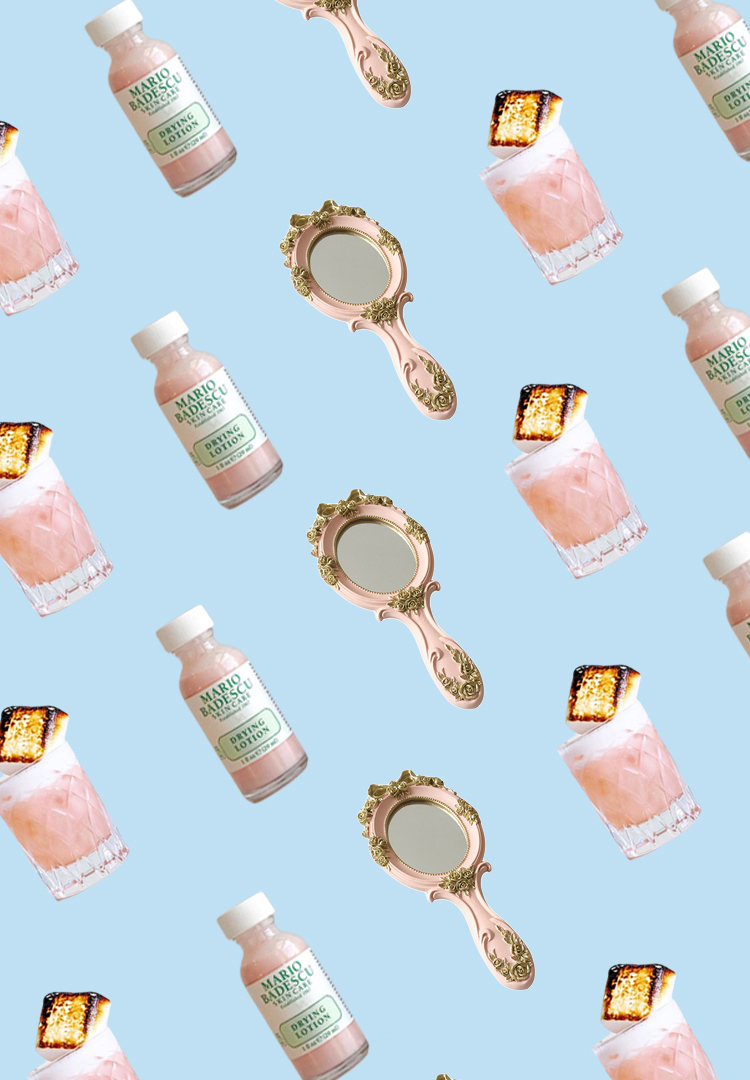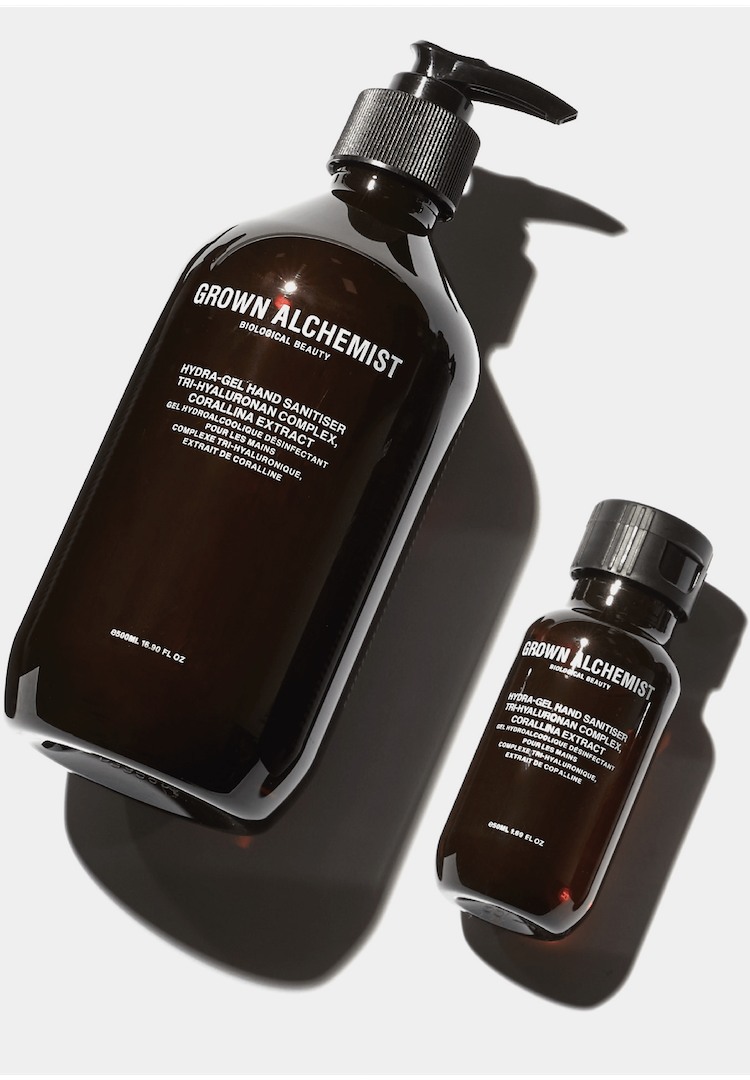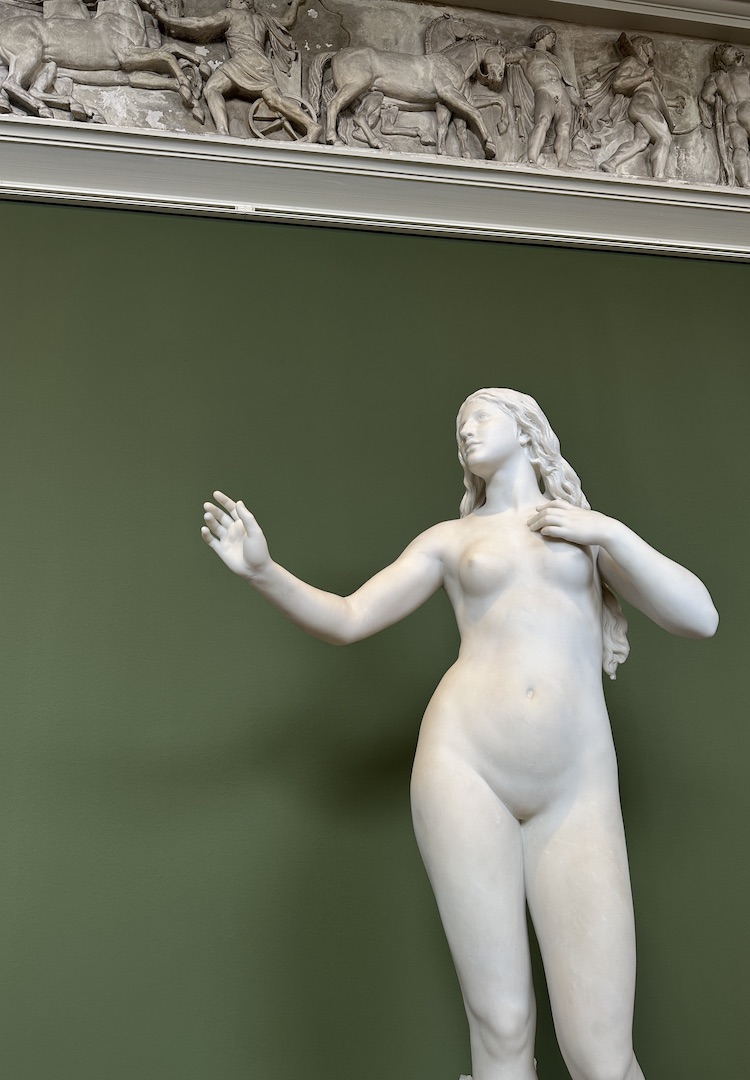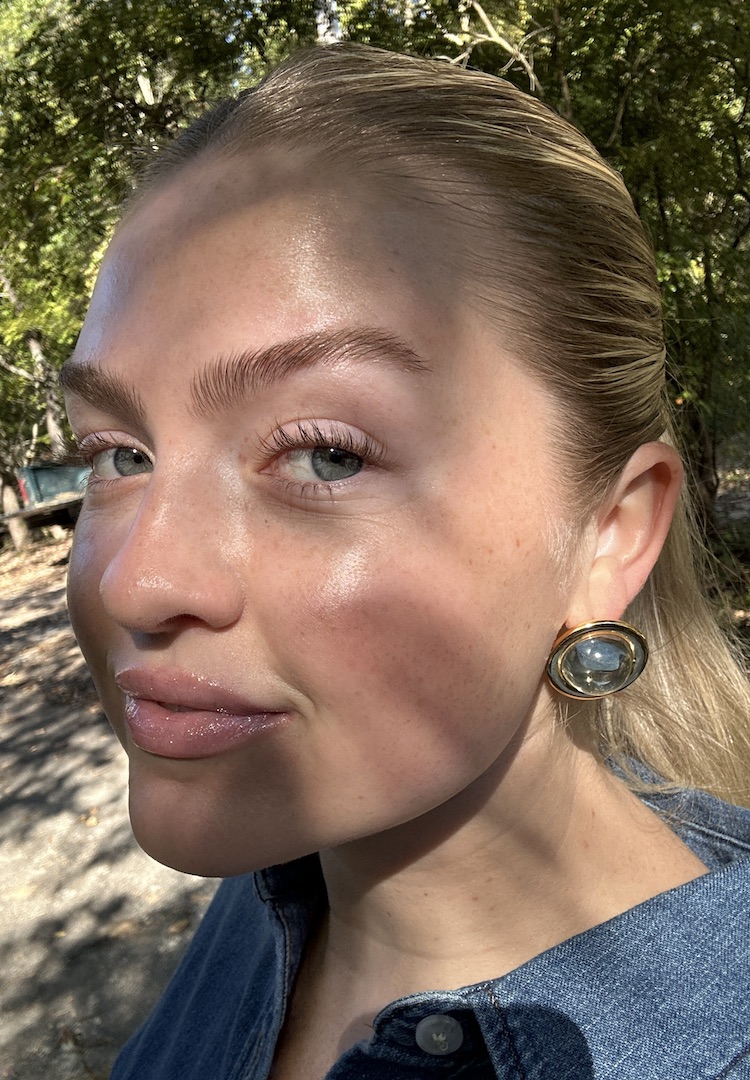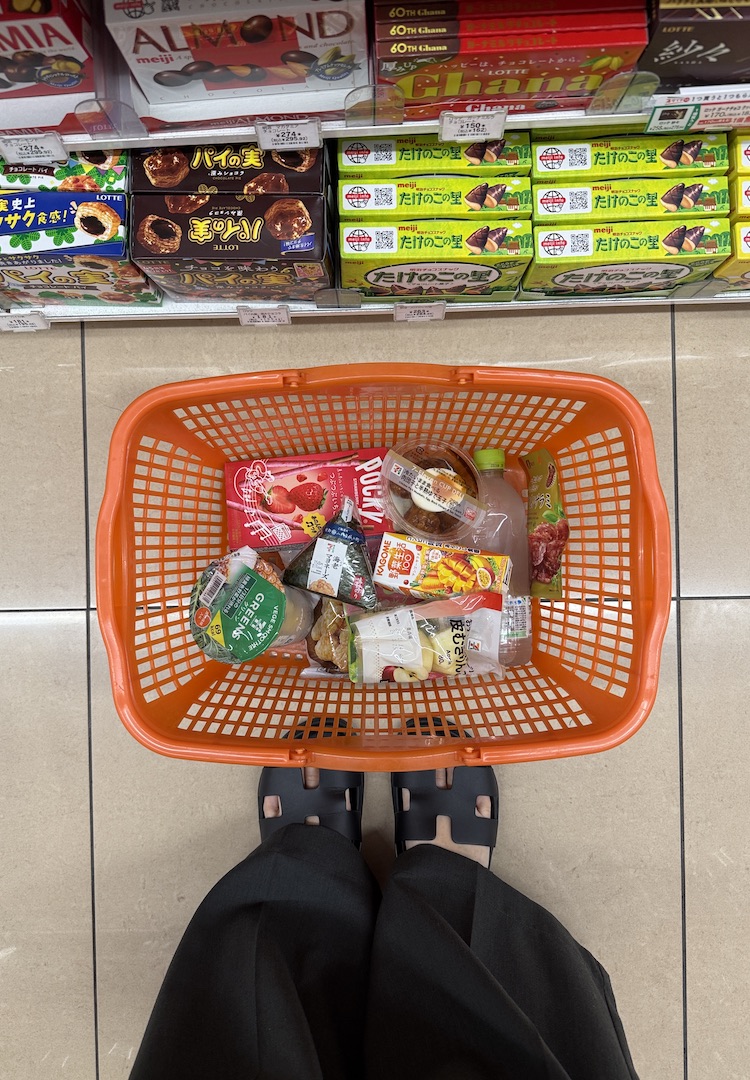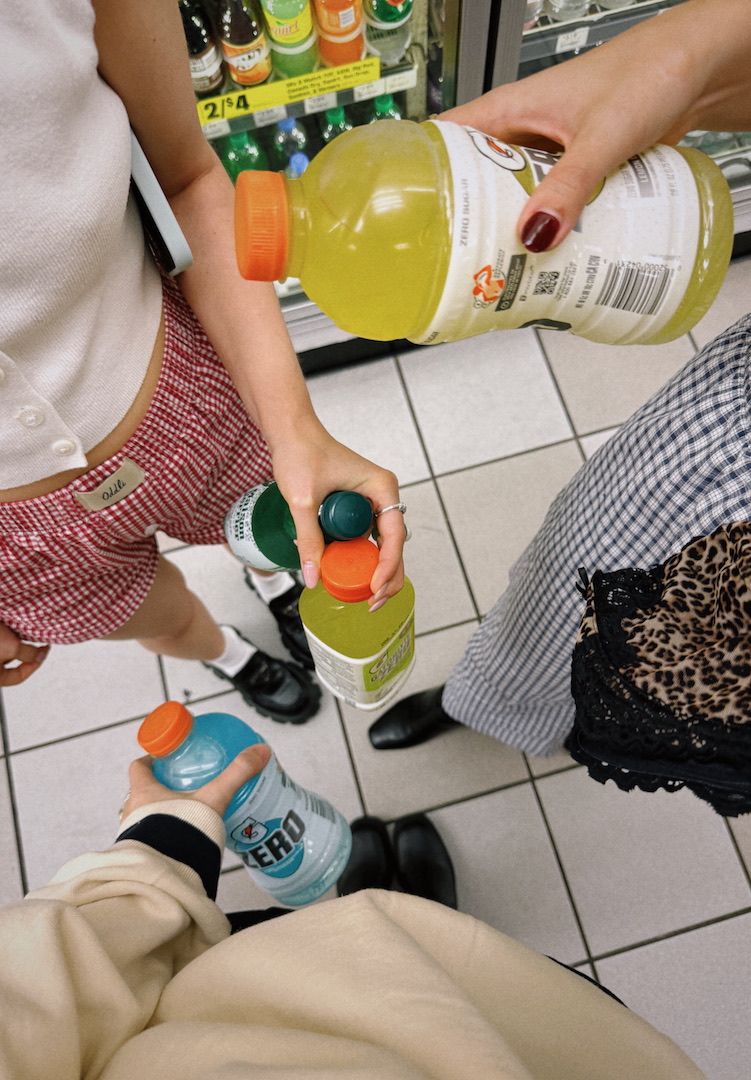4 ways alcohol actually affects your skin
WORDS BY PHOEBE MCRAE
Be warned: this knowledge might compound your next hangover.
From the day we are born, we are told that alcohol is bad news. And if not, by the age of 18, we’ve usually worked it out for ourselves.
But that hasn’t stopped us from drinking it on the reg, and for many, there’s nothing better than unwinding after work with a supersized glass of vino – especially now we’re all locked indoors for the foreseeable future.
Unfortunately, like most things we really enjoy, knocking back grog is actually one of the worst things we can do to our skin. You know, the same skin we spend hundreds of dollars on (Glossier, anyone?).
According to Desiree Stordahl, senior research and education manager at dermatologist-approved skincare brand Paula’s Choice, “alcohol consumption dehydrates the body and depletes vital nutrients, which in turn compromises skin.”
Dr Kate DeAmbrosis, dermatologist and University of Queensland senior lecturer at the School of Clinical Medicine at the Mater Hospital agrees. “Alcohol induces both acute and chronic effects on both the cells that make up the skin layers, but also the blood vessels that supply the skin.”
While it is not known whether alcohol type plays a part, in general, the stronger the alcohol, the more harmful it will be for your skin. Age also plays a factor and unfortunately, just like hangovers, those over 50 with slower metabolisms are much more likely to suffer than those who are younger.
Regardless, the effects often begin within 10 minutes of consumption, as “alcohol is rapidly absorbed in the upper gastrointestinal tract and quickly in the bloodstream, travelling to the skin,” Dr DeAmbrosis explains.
Unsurprisingly, chronic alcohol exposure affects skin permanently – think broken capillaries, enlarged blood vessels, and discolouration. Moderate alcohol exposure, on the other hand, affects skin only temporarily.
So, because knowledge is power, here are the four most common ways alcohol consumption affects your skin, and most importantly, how you can combat it.
Dehydration
“Alcohol is a diuretic (meaning it increases urination), which is why skin tends to look and feel more dehydrated after a night of drinking,” says Stordahl. “When skin is parched, it appears duller and fine lines show up more easily.” Dr Ross Perry, medical director at Cosmedics UK in London, adds that dehydration can even cause premature ageing. If your skin is looking particularly dull and dry after drinking, now you know why.
Inflammation
Alcohol consumption also increases inflammation. “The liver releases inflammatory by-products as it breaks down the alcohol, which is never a positive thing for healthy skin function,” says Stordahl. It can trigger inflammatory skin diseases like rosacea and acne warns Dr DeAmbrosis, and like dehydration, contributes to premature ageing.
Flushing
We’ve all got a friend whose face turns red as soon as they touch a drop of alcohol. Stordahl points out that, “Flushing (face turning red during consumption) can be a side effect for people who have an internal issue with digesting alcohol effectively (their digestive system lacks or is low on the enzyme that begins the process of breaking down alcohol).”
Redness
Beyond flushing, those who are heavy drinkers may actually experience persistent redness, which is a sign of damaged capillaries and blood vessels that are crucial to maintaining a healthy glow. “Essentially, proper vascular regulation becomes hindered with consistent alcohol intake and as blood vessels enlarge, skin redness becomes more apparent.” While it usually takes longer to show up, it’s also a symptom of liver disease, so if you experience long-term redness, you should probably schedule an appointment with your GP immediately.
So, how do you combat the effects alcohol has on your skin? Hydration, obviously. As we all know, whether we’re having two drinks or 12, we should be alternating our bevs with water, and we also should be guzzling it before bed. If the damage has already been done (we all get carried away), it’s all about electrolytes.
As Stordahl points out, they work just as well for your skin as they do for your body. She also recommends using a soothing face mask to give skin an extra hydration boost. Another option is simply giving up alcohol entirely, but these are trying times, so I don’t think anyone would begrudge you a calming drink at the end of your long day working from home. Everything in moderation, I suppose.

